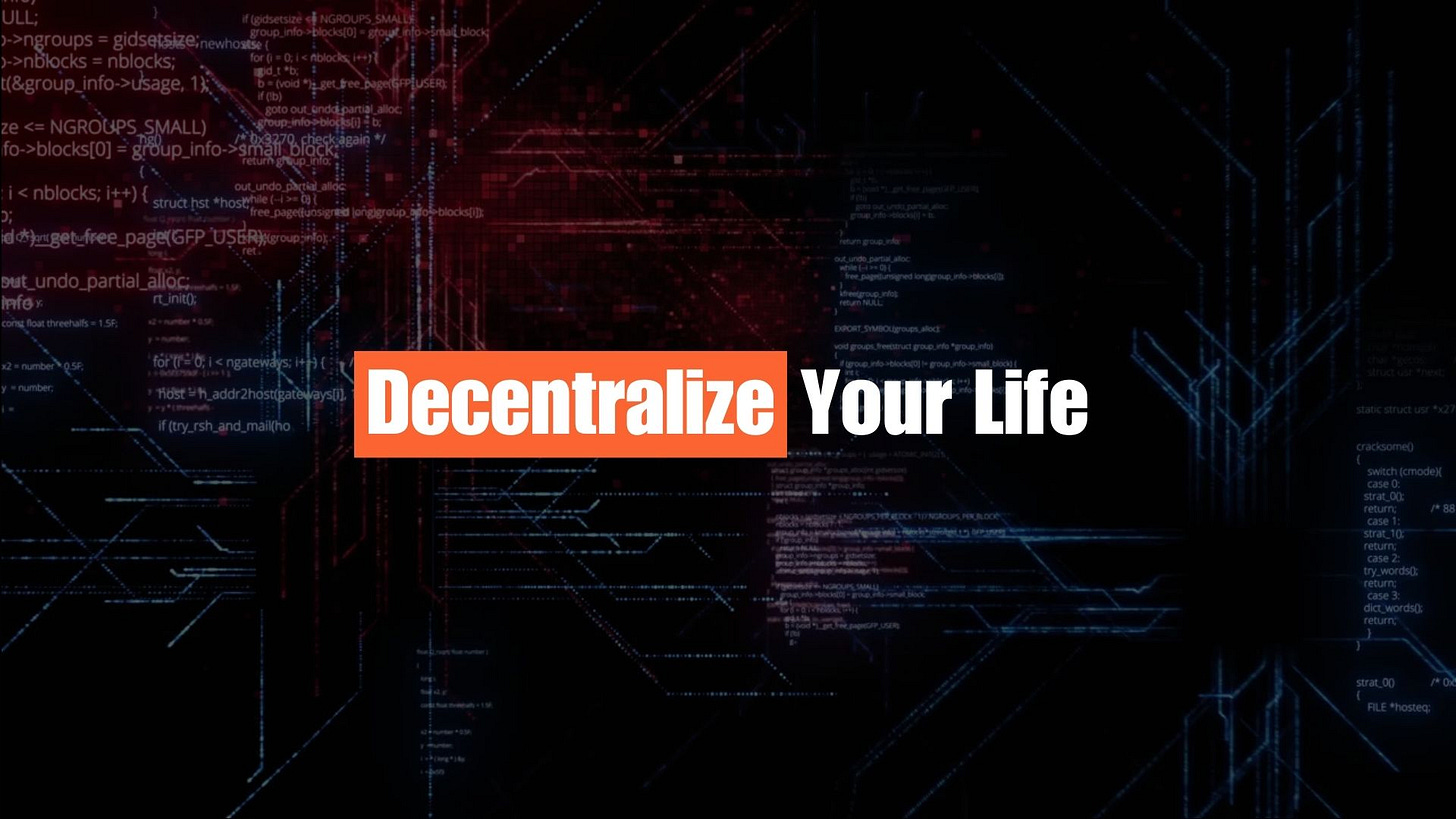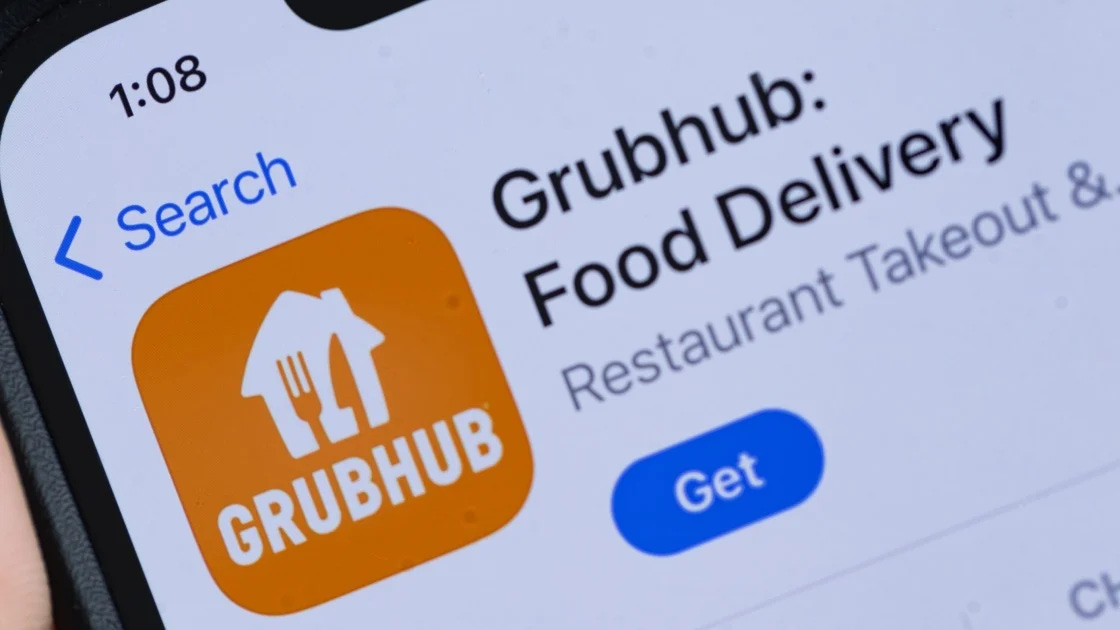Grubhub just agreed to pay $25 MILLION for deceptive practices that ripped off customers and drivers alike.
But what happened behind the scenes? Let’s break down the shocking story. 👇
You’ve used Grubhub, right? 🍕
Whether it’s a late-night snack or lunch at work, it feels like a convenience that’s too good to be true.
But what if I told you it was?
In a historic settlement with the FTC & Illinois Attorney General, Grubhub is paying $25M to settle claims about their misleading business practices.
Here’s the kicker—they deceived everyone:
Customers
Drivers
Restaurants
First, let’s talk about the customers.
Ever wonder why your $10 meal on Grubhub ended up costing $20?
Turns out, those "service fees" and "small order fees" were intentionally hidden. 🙄
Grubhub’s advertising didn’t make it clear—resulting in customers paying double what they were promised.
And then there’s the drivers.
You know, the ones hustling to deliver your food? They were promised hourly pay rates that were way inflated in Grubhub’s ads.
But in reality? Many drivers were lucky to earn a fraction of what they were led to believe. 💸
And it gets worse.
Grubhub didn’t just mislead customers and drivers—they also listed restaurants without their permission.
That’s right. 325,000 unaffiliated restaurants were on Grubhub’s platform, leading to massive harm for both the restaurants and their customers. 🍽️**
Imagine you run a small business. You never agreed to be on Grubhub’s platform, but suddenly, your restaurant is listed alongside competitors. And your customers are paying more than they should. 😤
It’s a win-win for Grubhub and a lose-lose for everyone else.
But how did this happen?
Grubhub’s business model was built on deception—by obscuring fees, inflating earnings, and listing restaurants without consent.
They preyed on convenience, hiding costs and inflating expectations.
So why is this story important?
Grubhub isn’t just a food delivery app. It’s a symbol of what happens when the gig economy grows faster than regulation can keep up.
The fallout from this case echoes the systemic problems within the industry.
But here’s the twist.
Grubhub doesn’t admit guilt. They’ve denied many of the FTC’s allegations.
But they settled for $25 million, arguing that it’s in their “best interest” to move on. 🤔
Wait a minute—$25 million sounds like a lot, right?
But for Grubhub, that’s pocket change. They make billions in revenue every year. This fine is more of a speed bump than a roadblock. 🚧
Let’s dig into the real issue.
Grubhub is far from alone in its practices. In the world of gig economy platforms, deception is often built into the business model.
And until laws catch up, many of these companies will keep operating in the shadows.
It’s easy to blame Grubhub, but they’re not the only ones pushing the limits of what’s legal—and ethical. Think about Uber, Lyft, DoorDash, and other apps.
Are they any different when it comes to hiding costs and misleading workers?
The question we need to ask ourselves:
Is it okay for businesses to operate this way, as long as they settle and move on? Or should there be a more transparent way forward for gig economy giants? 🤔
The lesson here? Transparency matters.
Whether you’re a consumer, a worker, or a small business owner, deception leaves a lasting impact.
And it’s time we demand accountability.
What’s next for Grubhub?
They’ve agreed to change their practices, but let’s see if this settles the issue or if the real changes come from new laws that protect customers and workers alike.
Could we see the gig economy finally put under a microscope? 🔬
Now, let’s flip the script.
This is a wake-up call for the entire gig economy. Grubhub might have paid a fine, but they’re not the only ones pulling these tricks.
Who’s next? And what does this mean for workers and consumers?
This isn’t just about Grubhub—it’s about how we value transparency, fairness, and accountability in the modern economy.
How do we fix this? We start by demanding better from these platforms. 💬
So what’s the real takeaway?
Don’t just accept what you’re told. Whether you’re ordering food or signing up for a gig job, always read the fine print and ask the tough questions. 📜
What do you think? Is the gig economy here to stay? How can we push for more accountability? Drop your thoughts below. 👇
Thanks for reading! Love what you read? Subscribe and never miss an update!






Who was the whistleblower on this one? Wow. I always question is it worth ordering via doordash or get it myself.
When will we have a company that exemplifies honesty🤷🏽♀️
This is the today's reality with Zeptoo, an Indian food delivery startup. They promise 10 mins delivery. At the cost of? Everything. Starting with investor money (they give free cash), rash driving by delivery guys, pay dipping MoM, heavy discounting....and of course the dark patterns.